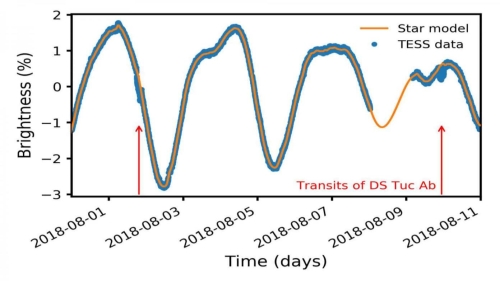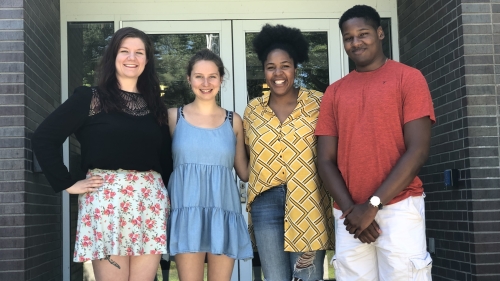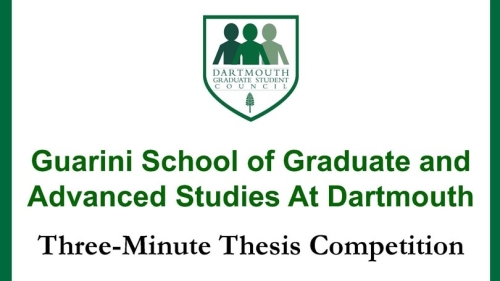Elisabeth Newton's research group observes exoplanet around young star
Professor Newton's group presented a discovery of a transiting planet larger than Neptune but smaller than Saturn, orbiting one of the brightest young stars known. Aged almost 45 million years of old, the star and its planet could give significant data on how planetary bodies form.
[more]



